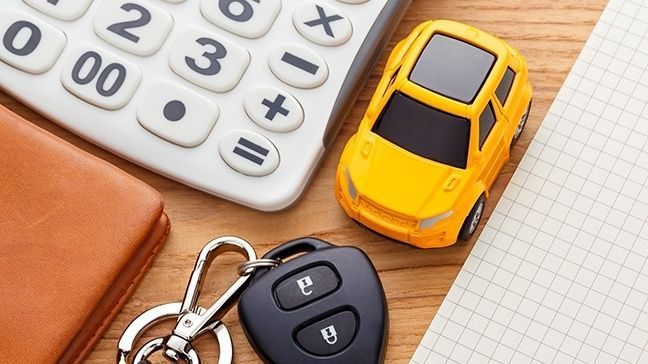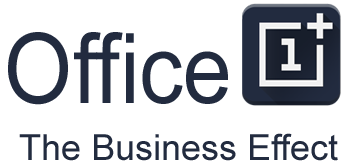Your credit score is one of the most critical factors in securing an auto loan. The higher your credit score, the better are your chances of getting the best terms and rates. If you have bad or non-existent credit, getting a loan becomes much more difficult. So what is defined as a credit score?
The credit score is a number that represents how likely it is that you’ll be able to pay back any loans or debts if they’re taken out right now. It’s calculated using information from all three major credit bureaus: Equifax, TransUnion and Experian. So scroll down to learn what is apr for cars.
Table of Contents
Prices of Vehicles
The price of a vehicle, like most consumer products, is determined by the manufacturer. Dealerships can charge different prices for the same model depending on how they want to position themselves in the market. For example, buying an SUV from a luxury dealership may be more expensive than buying an average one because luxury cars tend to command higher prices and require more support staff (i.e., salespeople). However, if you’re looking for something more affordable, you might find better deals at a less prestigious dealership.
In short: The price of your car loan will depend on your credit score and its impact on APR (annual percentage rate). Lantern by SoFi experts says, “Sometimes, APR and interest rate may get mixed up since they’re both expressed as a percentage.”
Interest Rate

The interest rate is the amount of money you pay to borrow money. It’s calculated as a percentage of your loan amount, and your credit score determines it. A low credit score means you have less credibility with lenders, so they will charge you higher interest rates to compensate for their risk. The good news is that even if you have bad credit, there are still lenders who will give you loans at competitive rates–and some might even offer special discounts for people with low scores!
Fees and Taxes
Your car loan APR is not the only thing that determines how much you pay for your loan. Some additional fees and taxes can be added to the amount of your loan balance, which will increase over time. The higher your credit score is, the lower these fees will be; conversely, if you have a low score, expect more expensive interest rates and additional charges when applying for financing.
Down Payment
A down payment is an amount you pay upfront to buy a vehicle. The higher your down payment, the greater the chances of lowering your monthly payments will be. This is because less principal (loan amount) is financed each month and, therefore, less interest expense over time.
On the other hand, if you choose to make a low down payment on your auto loan, then expect higher monthly payments as more interest will accrue during each period as well as throughout the life of your loan.
The impact of credit score on apr for car loans can be seen in terms of price, interest rate, fees and taxes. A higher credit score means you will pay less for the vehicle and get a lower interest rate on your loan. You will also pay less money upfront in the form of fees and taxes if you have a good credit history.

